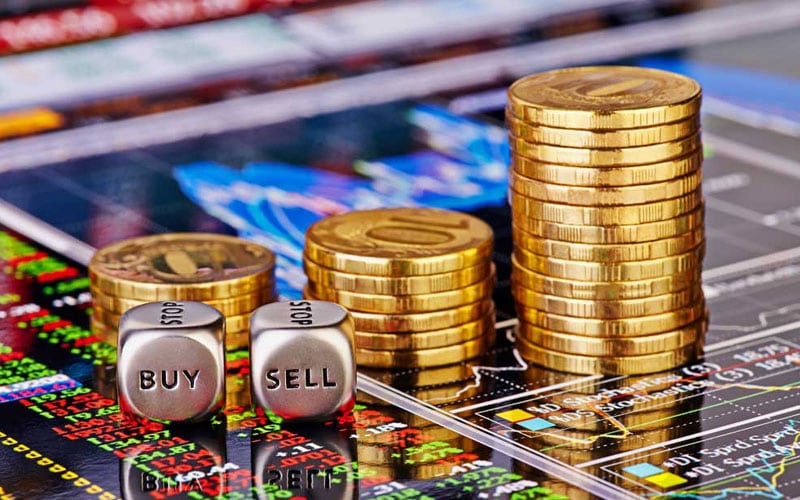
Hong Kong has been an important trading hub for centuries, with its port being the gateway from Asia to the world. It is a great place to start when looking at Asia based exchanges.
In Hong Kong, the fiat currency is the Hong Kong dollar (HKD), and cryptocurrencies are digital currencies traded. A trader must deposit HKD in an exchange wallet by using a bank or wire transfer to purchase cryptocurrency.
There are three types of exchanges:
- C2C exchanges, which only allow users to buy from each other.
- P2P exchanges, where users can both buy and sell cryptocurrencies with each other.
- Exchanges, also known as brokerage platforms, allow users to place their orders to buy or sell at set prices.
How do Trade Exchanges Work?
In choosing an exchange for trading purposes, it is recommended that one research the website’s user interface before signing up for an account. While most exchanges are English-based, some have Chinese-based websites, e.g. Gatecoin, Bitfinex and Yobit.
These exchanges may be more convenient for users who know Mandarin as the user interfaces of these exchanges can be set to simplify or traditional Chinese. Keep in mind that since cryptocurrencies hold a lot of volatility in their prices, it is best to pick an exchange that facilitates high trading volumes, such as Binance or OKEx.
Factors to consider when choosing an exchange
Here are some factors worth considering when choosing an exchange with that information in mind.
Payment Methods Accepted
Bitcoin is still the dominant currency for paying fees at most exchanges, but PayPal, credit cards and traditional bank transfers are viable options as well. There are services, such as Wirex, which allow you to convert fiat currencies to cryptocurrency.
Trading Fees
When trading Bitcoins for altcoins or vice versa, the trading fees vary from exchange to exchange. If you’re just getting started in crypto, check Coinmarketcap for fee comparisons on your preferred exchanges. Also, note that some exchanges charge large premiums for buying Bitcoin while others offer free trades. For example, this was the case when Binance opened up.
Withdrawal limits
Another factor is withdrawal limits for unverified accounts and account withdrawal delays. Some have been lifted after verifying an email address, but other withdrawals can still take days or weeks, depending on the verification status. As a bonus tip, it’s generally worth creating multiple accounts so that you can take advantage of trading opportunities as soon as they arise.
Reputation and Trustworthiness
Exchange reviews are hard to come by, especially since many exchanges have shut down. The best way would be to check the reviews online and look for comments from people who used the exchange to trade cryptocurrencies. Look for screenshots and links to their profiles.
There’s plenty of information on significant Bitcoin forums, Reddit threads or Medium posts related to exchanges. As a bonus tip, ensure your password is secure and consider using 2-factor authentication (2FA).
Security Protocols
Is the site using HTTPS? Do they use multi-factor authentication (MFA) such as Google authenticator? Do you need to use a password and 2FA, or can you trade by verifying your email address? What about withdrawal limits —are they only on the exchange, or also for withdrawals from external wallets? Can users deactivate 2FA if they forget their password, and is this an option on the site?
Most exchanges offer helpful security guides. Look for tutorials and FAQs that explain how to secure your account. You’ll want to make sure any exchange you choose offers secure protocols because losing access to your wallet means losing all funds held there.
Conclusion
If you are a novice and want to choose an exchange in Hong Kong to start your investment journey, contact a reputable online broker from Saxo Bank and start trading on your demo account immediately, without investing your own money. For more information, get it here.







